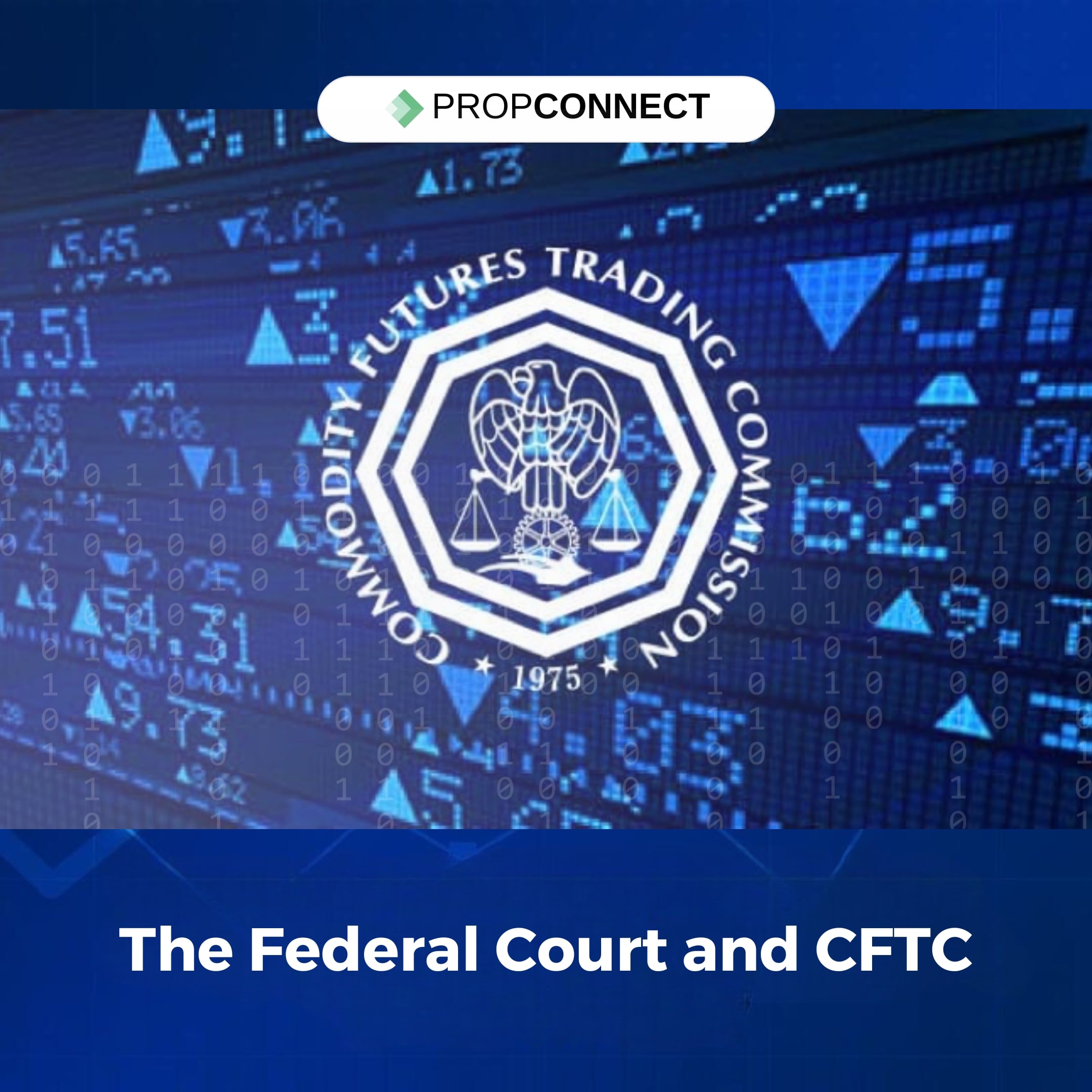Articles
The Federal Court and CFTC
The Federal Court on behalf of CFTC dropped $20 million fine on a Ponzi Scheme Trader

An Illinois resident and his companies have been ordered by a federal court to pay more than $20 million as restitution for running a commodity pool Ponzi scheme. On behalf of CFTC, it has been announced that Phillip Galles and his Tyche companies of Chicago have defrauded investors and also broken regulatory laws.
Tyche Asset Management LLC was one among six companies whose reports were inflated by up to 200% by Galles. However, all these where just a front for a Ponzi scheme. The CFTC found out that Galles used investor’s money on his personal bills instead of what he was supposed to do the commodity trading and as a result, 65 people lost $5,327,172.
In a statement made by the Commission at the time, it warned that not all orders that demand for the repayment of the money stolen from victims may result into retrieving of the lost money if the culprits might lack the needed funds or assets with which they could have been able to pay the situation became even more complicated since Galles and the Tyche agents lied to the financial regulators as well.
Further, they lied to the National Futures Association (NFA), an organization responsible for regulating futures and derivatives, that they did not solicit nor accepted any fund. They also asserted the same statement to NFA examiners in April of 2023. As such, this implies that they will be financially penalized, and their permanent ban in regulated markets to prevent them from repeating the offence.
For fiscal year 2023, the latest enforcement report by the CFTC confirms the highest number of civil and criminal cases handled by the Commission since its inception. The institution made almost 100 cases against different kinds of corruption, among them the Ponzi schemes.
A Ponzi scheme is a fraudulent financial deal characterized by promises of large returns on investments accompanied by small risks to investors. Early investors earn profit by enticing others to invest. Such arrangement resembles pyramiding because both pyramiding and this depend on funds of the new investors to pay old ones. When the number of incoming new investors is no more, there is never enough cash for all investors to be paid out in a Ponzi or pyramid scheme.
Mr. Rostin Behnam, the Chairperson of the CFTC assured Americans that despite the unstable times, they can be rest assured that US commodity markets will remain powerful enough to sustain a healthy economy.
For example, the CFTC just revealed that a forty-four million-dollar Ponzi crypto investment was bogus. At least 170 investors were allegedly defrauded by them starting with January of 2021.

